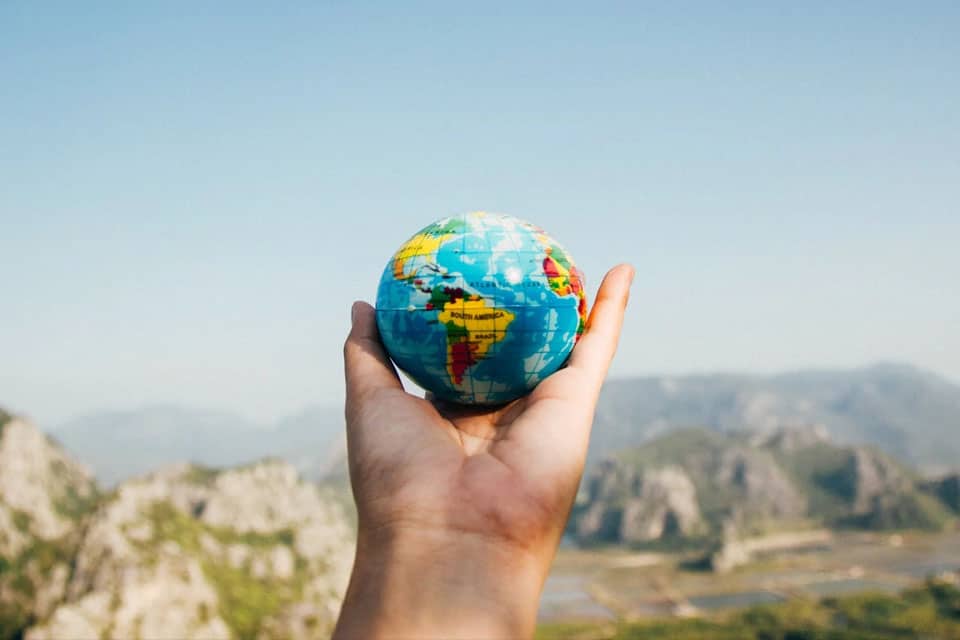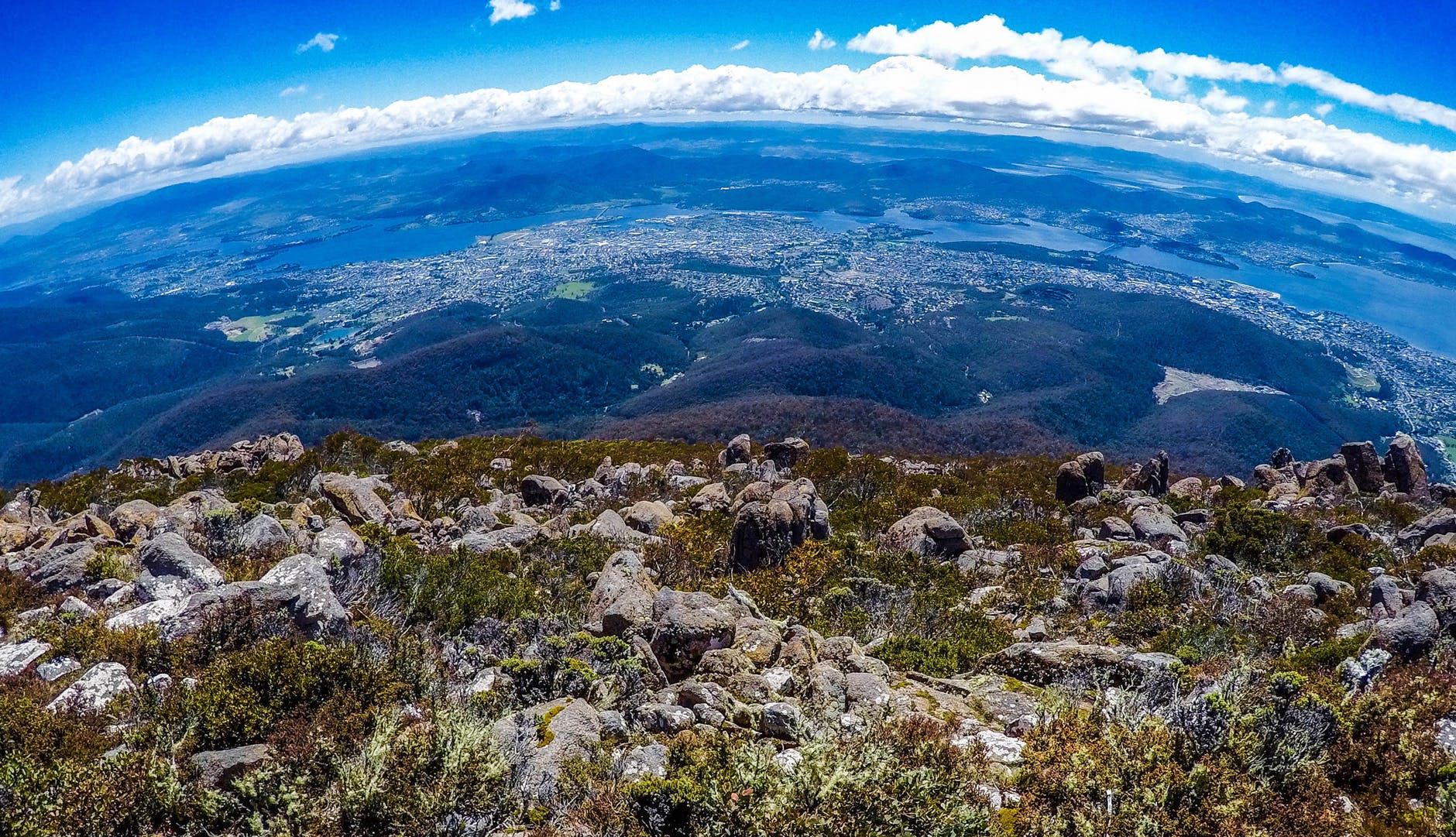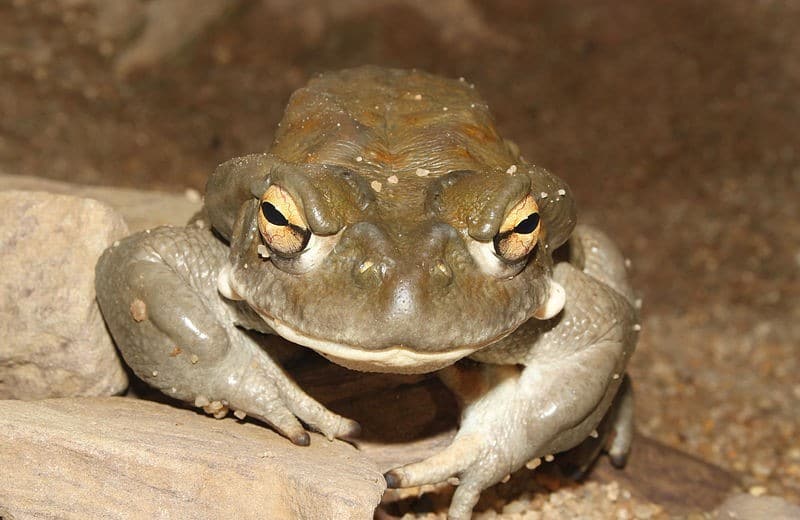In Part 1 of my discussion with Dr. Travis Cox, chair of Naropa University’s Ecopsychology department, we discussed whether or not psychedelics are “non-specific amplifiers” as Stan Grof has said, or whether there is an inherent psychedelic worldview that lends itself toward greater sustainability. Dr. Cox is exploring these questions and more through a program he is helping build called “Ecopsychedelics.” In our exploration of this program, we explored intersections between psychedelics, Jung’s collective unconscious and the disturbing trends of psychedelics’ assimilation into capitalism.
You said you’re developing something called “Ecopsychedelics.” Can you explain what that is?
It’s essentially a marriage between Ecopsychology and psychedelics. Like I said before, Ecopsychology has a perspective that we’re disconnected from our true selves, each other, nature, and Spirit, and that our unsustainable society is based on the disconnect of those four things. I find psychedelics to be connective, and if the problem is disconnection, why not marry these two things?
Ecopsychology, at its best, has a respect and acknowledgement of the subjectivity and agency of the more-than-human world. If we’re going to do a grief ritual at Boulder Creek because we’re going to lose over twenty percent of the shade trees due to climate change, there’s a way in which we need to talk to the creek about it before we just do it. It would still be anthropocentric of us to just march over there and hold the grief ritual without actually engaging the more-than-human world and the beings that make up that world. So, in what ways does a western medical lens on psychedelics completely ignore the mushrooms as beings, and the intelligence they have? It’s the same with peyote and ayahuasca.
So there’s the connection part of it. There’s the acceptance of these beings we’re in relationship with beyond What can this do for me? And then there’s that fundamental notion in Ecopsychology that through reconnection, we’re transforming an unsustainable society into a sustainable one. So, is it even ethical for us to have somebody do a psilocybin journey to cure their treatment-resistant depression and then go back to their bullshit insurance job and just be saner in an insane system? I don’t think that’s okay.
Your more radical Ecopsychology says all of our action needs to be in service of radically transforming the human project. In what ways do we advocate for psychedelics being a part of that, as opposed to psychedelics in the Western model—just being able to treat the issues we have as rational responses to this dying world?
We were talking about whether or not psychedelics are non-specific amplifiers. I wonder if psychedelics can be non-specific amplifiers of the world itself, through us. Like, if it’s a non-specific amplifier in this individualistic way, then it’s going to amplify my personal stuff. But if there’s truth to all those spiritual traditions that say, “The individual is the collective,” then psychedelics can amplify the collective through the individual experience. Then it seems this whole question goes away.
That’s brilliant. And it goes back to, “When we’re asking this question, in what ways are we recapitulating our assumptions?” What would this conversation look like if it were more Jungian? Yeah, it’s a non-specific amplifier, but what if it’s a non-specific amplifier that’s way beyond just me and my individual trauma?
An amplifier of the collective unconscious.
Right!
That’s been my experience… if we’re talking anecdotal stuff.
Really?
Yeah. With depth experiences—peyote, ayahuasca, a lot of mushrooms—it feels like my personal unconscious autobiographical self is in direct conversation with something collective, and I’m receiving information that comes through archetypes, symbols and stories. But the symbols and stories have this grounded truth value, so it’s not simply, “Oh yeah, that’s this familiar story we tell,” but like, “No, that’s the wisdom of the universe communicated in story form.” It’s pretty mystical, but I consistently experience that.
Right! With Ecopsychology, Theodore Roszak took the concept of the collective unconscious and threw in the ecological unconscious. Even the collective unconscious is anthropocentric—the thought that life evolves until it gets to humans, and that’s when this repository starts with all these human thoughts.
Maturana and Varela, these two Chilean biologists, put forth the concept of autopoiesis, this hypothesis that life itself is inherently self-organizing, which means it has to have a self that organizes. So there’s an inherent intelligence in life that is figuring out the conditions to let life itself thrive, like cells figuring out how to organize. Evolution isn’t just random mutation along with external circumstances that dictate what gets selected. Life itself is finding ways through all of this.
So you still have the human collective unconscious, but you have an extra 3.5 billion years of intelligence to also draw on. I used to dismiss New Age talk of genetics as unscientific and extrapolating and overreaching—people would ascribe so much to genes, whereas to scientific materialists genes are just the bag of information that gets passed on. Then for whatever reason, I had this realization: “Yeah, that’s what it means, but it still blows my mind!” The genes in me, by nature of existing in a living being, have existed in an unbroken chain all the way back to the beginning of life. So the things that live inside of me have been alive in something since life began! It’s like, Holy crap! I share an ancestor with that rosebush outside the window, just by the nature of our genetic material that split at some point. It still freaks me out!
So if we’re talking about psychedelics only from this Western model of scientific materialism and emphasis on the individual, we lose out on the possibility that these substances also help us access a kind of intelligence and awareness that lives inside us, going back 4 billion years on this planet. If they’re non-specific amplifiers, and your worldview doesn’t allow you to see that, you’re not going to see it. But if your worldview allows you to see it, then you have access to a whole storehouse of information and ways of being that we can draw from.
I keep thinking of how Ken Wilber says evolution isn’t just transcending, but transcending and including.
Yeah, totally.
But there’s something that feels concerning to me about this nonspecific amplifier conversation. Do you read Psymposia?
Yeah.
They’ve been writing a lot about the co-opting of psychedelics by capitalism. So, if psychedelics are non-specific amplifiers, I’m concerned that people can use them to amplify capitalism. Does that feel concerning to you?
Yeah. That’s why I’m trying to advocate for an ecopsychological perspective to be interjected in the conversation, which is why I’m helping to build this thing called Ecopsychedelics. I can totally see somebody in Silicon Valley doing ayahuasca in order to come up with the next algorithm that’s going to make them a billionaire. Like… no! No, no! That is not okay!
That’s how a lot of people are going about microdosing. How can I be more—
Productive.
Right. And maintain the status quo.
No, I’m not okay with it! In the sustainability world, people were wanting to jump ship from “sustainability” to “resilience.” Resiliency isn’t inherently a good thing, unless you have a good thing and add resiliency to it. If you’re talking about the resilience of an invasive species that will kill out all other native species, that’s not a good thing. And I don’t know anything more resilient than capitalism, especially as a function of empire. Empire seems to be pretty resilient, but at least there’s a way in which non-violence, at a certain level, can be an antidote to empire.
How many capitalists have actually read The Wealth of Nations by Adam Smith? I haven’t. But someone I trust dearly who has, John Ikerd, a retired Economics professor from The University of Missouri, told me that Smith talks throughout the whole book about love and morals as a necessary part of a capitalist society. Well, we’ve totally eschewed both of those things at this point—I just got an email that Forbes wrote a piece about people who are excited to make a boatload of money on psychedelics. It’s like… No!
The challenge that I have with capitalism is the word capital. A forest can be capital, a pile of gold can be capital, an idea can be capital, and a bunch of unemployed humans can be capital. What’s the commonality of all of those things? It’s that you can use those things to get more of those things. Thomas Berry talks about how these use-based relationships—to humans, to nature, to your mental space—are inherent in capitalism. I, as a separate being, am going to use these separate beings in order to get what I want. It’s inherent in the system itself! So that has to change.
This gets to those fundamental assumptions we’ve been talking about, where even with a diversity of worldviews in our post-truth world, there is still that worldview of separation.
Totally. In the psychedelic world, we’re going to find ourselves having a conversation similar to one we find in the world of meditation. Is it okay that Bank of America trains all of its employees to meditate because it raises productivity? Some people are going to say, “Yeah!” because they believe there’s something inherent in meditation that allows people to become more themselves, and then maybe they would change Bank of America, or leave and do what they want to do. It’s the same thing with psychedelics and capitalism—and we’re back to that question of whether there’s something inherent in psychedelics themselves that would help to reform the same capitalism that took hold of it. God, I hope so! But if they’re just non-specific amplifiers, and capitalism takes psychedelics and amplifies capitalism, we’re dead.











